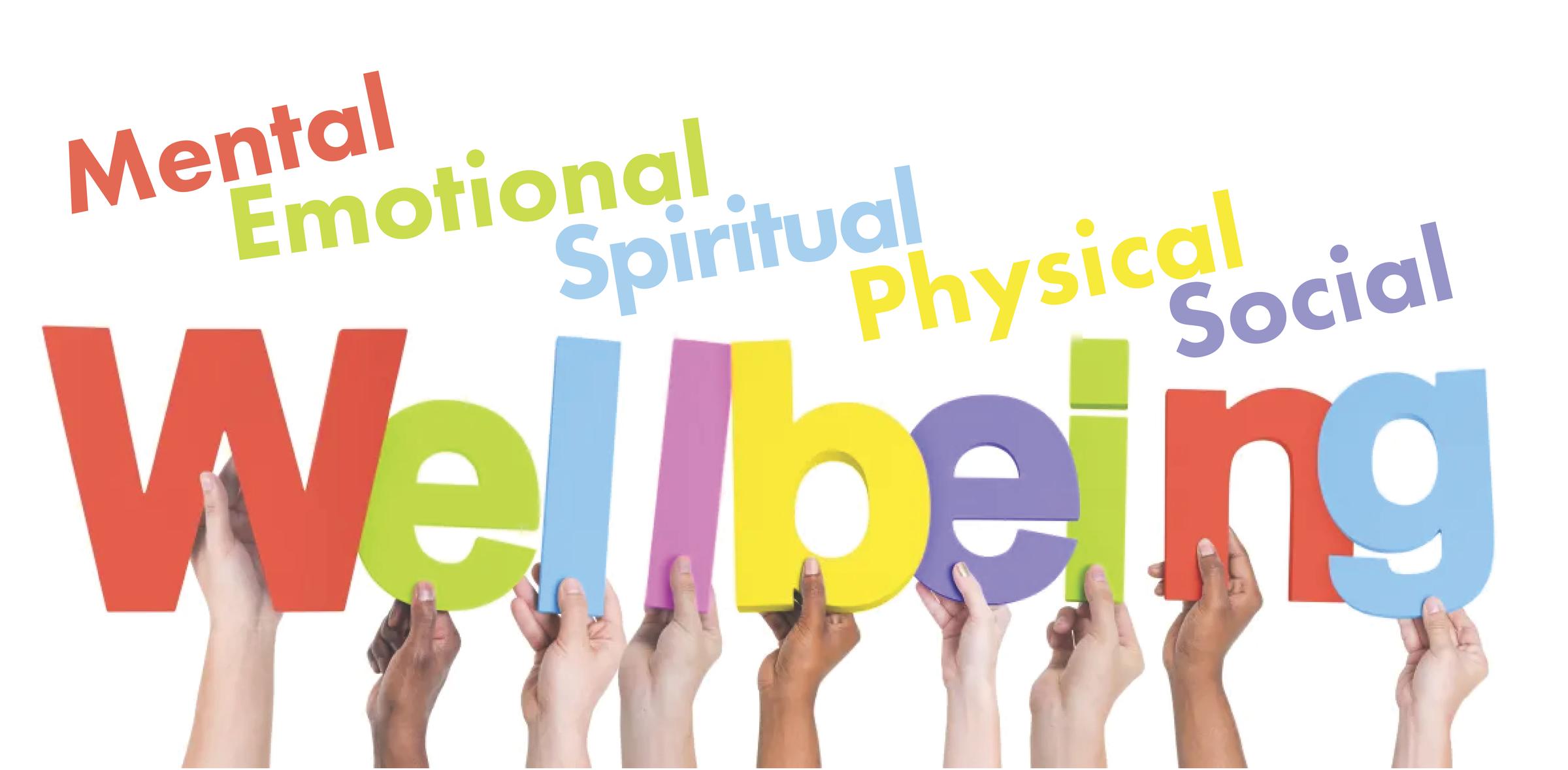Wellbeing Support

Wellbeing Support for Students:
Dear Students, Parents and Caregivers,
Stress or Distress?
Stress can be caused for may reasons. Common reasons include sudden or unexpected changes, butpositive changes can also be stressful. Changes such as starting year 7 or beginning the VCE process can be positive but bring about a stress response. It can be linked to a single event, or it might be prolonged cumulative stress. When stress is overwhelming it can impact on our mental health, our physical health, relationships and how we learn. It is important to recognize that stress is not anxiety. An anxiety condition is when a person;
- has persistent anxious feelings that are intense.
- has feelings of anxiety even when trigger is not present.
- are so anxious that it interferes daily with their capacity to socialize, learn and to perform from day to day. Coping with everyday stressors is something that can help your child meet the challenges that they will face in life.
Some of these could include:
- dealing with morning routines
- feeling unsure of the expectations of others
- worries about fitting in friendship issues
- managing workloads especially around assessment time
- juggling part time jobs and life
- stress in families managing social media
It’s important to understand what puts us at risk of stress and how we can protect ourselvesfrom getting overwhelmed by it. Our capacity to manage will vary from person to person and therefore it may differ for each of your children.
Protective factors can be nurtured so that your child can buffer the response to stress. These include:
- a stable and calm home environment
- a sense of hope and that they are capable of managing a situation based on past performance.
- a capacity to talk about their feelings.
- good communication skills
- an understanding of where to get help when needed.
- strong relationships
- a capacity to manage routines.
- good physical health and sound sleeping routines.
- participation in extra curricular activities such as sport or the arts
Signs of overload may present as
- sleep disturbances or exhaustion
- changes in appetite
- withdrawing from family or friends
- mood swings that are persistent
- poor focus
- being unwell constantly (sore stomach or headaches)
- low motivation or constant worrying.
If you would like to read more about how to support both the family and your child feel free to access the BE YOU website to find out more on this topic:
If you are concerned that your child is feeling overanxious or constantly distressed feel free to contact the counsellors at each campus to see if there might be some ways to support your child.
Lana Paten
Sara Cardenas
Student Counsellors
- Clyde North Campus
Nadia Picinali
Gwen Solomou
Student Counsellors
- Cranbourne Campus
